The global food supply faces a range of threats including climate change, wars, pests, and diseases. Microalgae, an organism too small for the human eye to see could offer some answers. Here’s how.
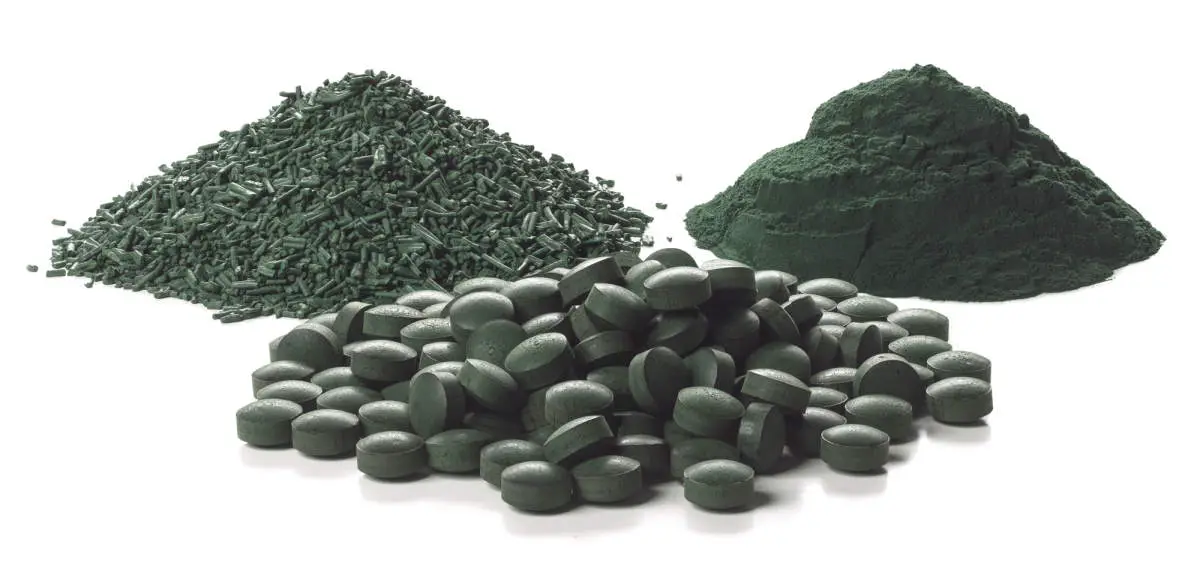

The global food supply faces a range of threats including climate change, wars, pests, and diseases. Microalgae, an organism too small for the human eye to see could offer some answers. Here’s how.
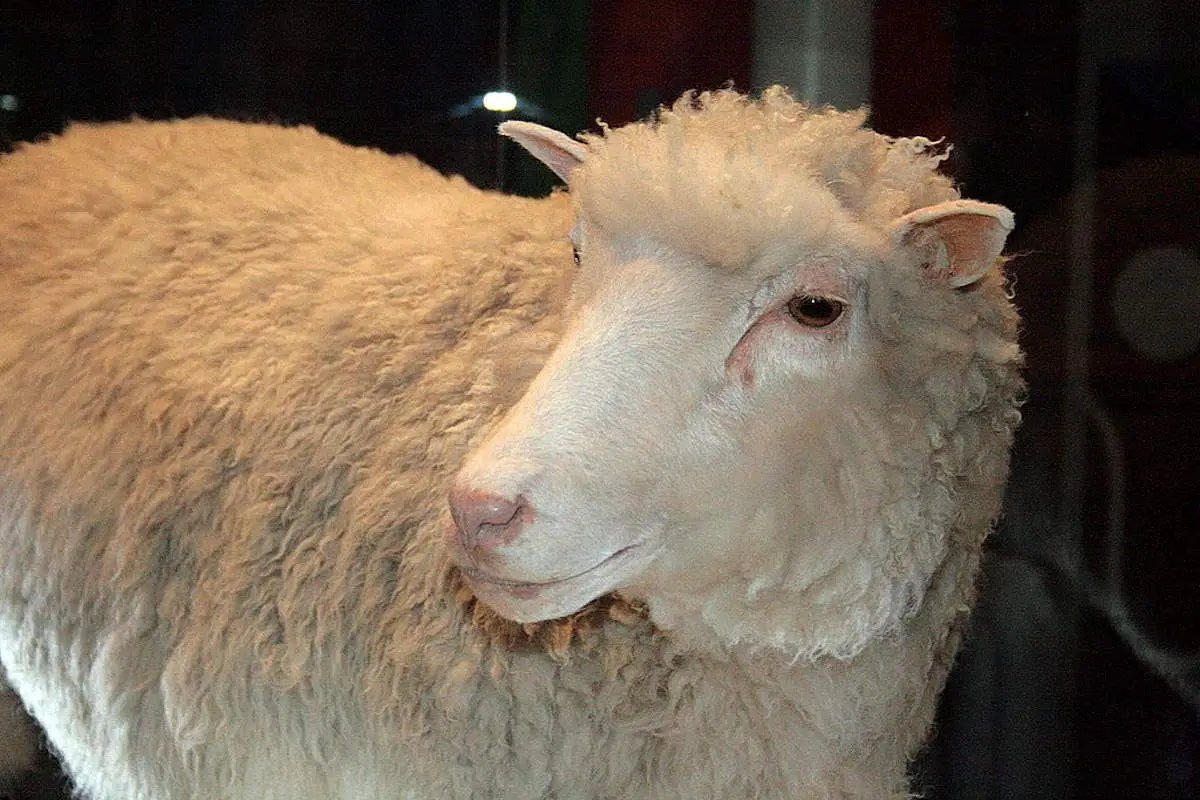
On July 5, 1996, a female sheep named Dolly, the first mammal to be cloned from an adult cell was born. Scientists from the Roslin Institute (an animal sciences research institute at Easter Bush, Midlothian, Scotland) in Scotland successfully cloned Dolly using the process of nuclear transfer from a cell taken from a mammary gland.
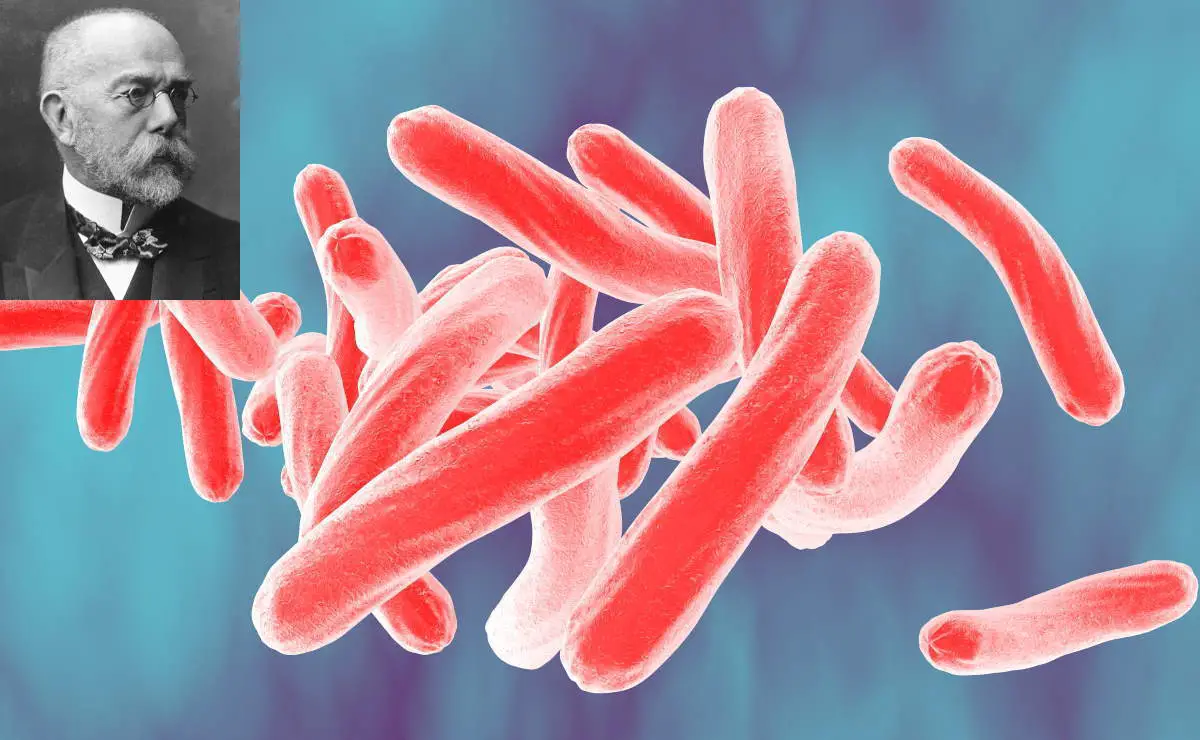
On March 24, 1882, German physician and microbiologist Robert Koch (11 December 1843 – 27 May 1910) announced the discovery of the tuberculosis bacterium. since 1982, March 24 is commemorated by the World Health Organization (WHO) World Tuberculosis Day to raise public awareness.
Today’s (March 24) story of what happened this day in Science, Technology, Astronomy, and Space Exploration history.

Covid-19, the highly-contagious disease caused by severe acute respiratory syndrome coronavirus 2 (SARS-CoV-2) was declared a pandemic by the World Health Organization (WHO) on March 11, 2020.
Today’s (March 11) story of what happened this day in Science, Technology, Astronomy, and Space Exploration history.

Humans have relied on cotton’s textile fiber for nearly seven millennia. However, utilizing cottonseed as food has been a long and unfulfilled goal of many plant breeders. Along with its abundant, high-quality protein, cottonseed also contains gossypol – a toxic chemical that renders the seed inedible. Cottonseed’s fate as a mostly unusable by-product seemed sealed until Dr. Keerti Rathore, a professor at Texas A&M University, announced that he had successfully created gossypol-free cottonseed. Dr. Rathore’s tireless devotion has given the world the potential to significantly improve food security worldwide. Here’s how bioengineered cotton could help solve world hunger.
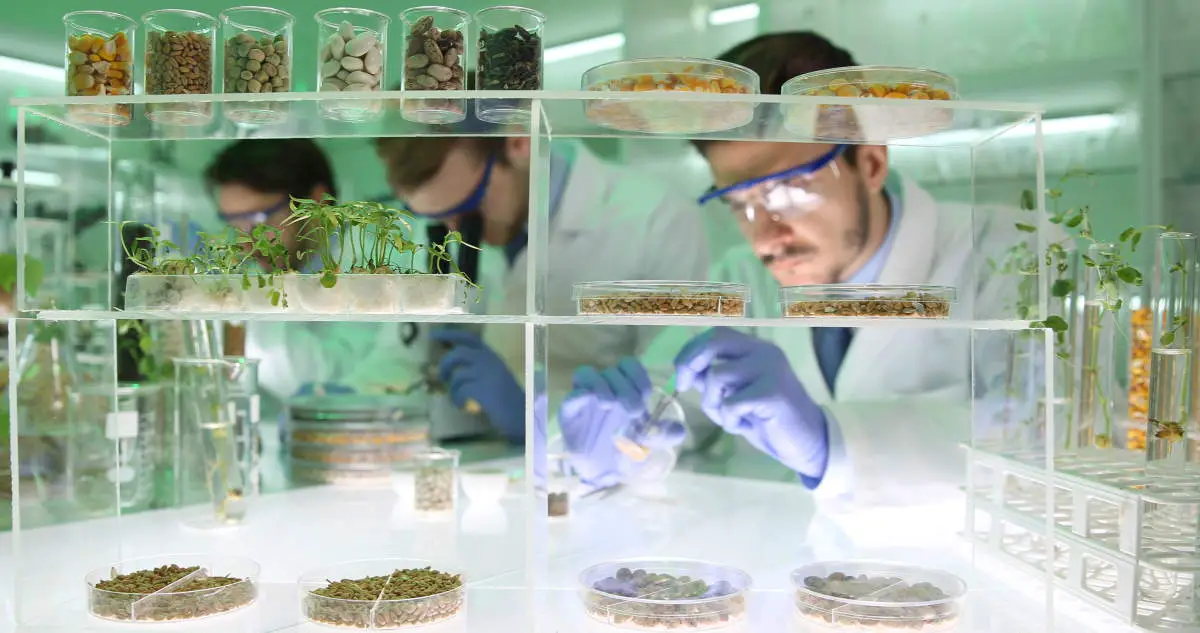
Fresh produce is perhaps the most common food product we consume daily. Fresh produce includes unprocessed fresh fruits and vegetables, which are the type of foods that can bring the best nutrition to our bodies. It’s very important for any food producer to conduct a Microbial Contamination analysis for their fresh produce. Here are the reasons microbial contamination analysis of fresh produce is very important:
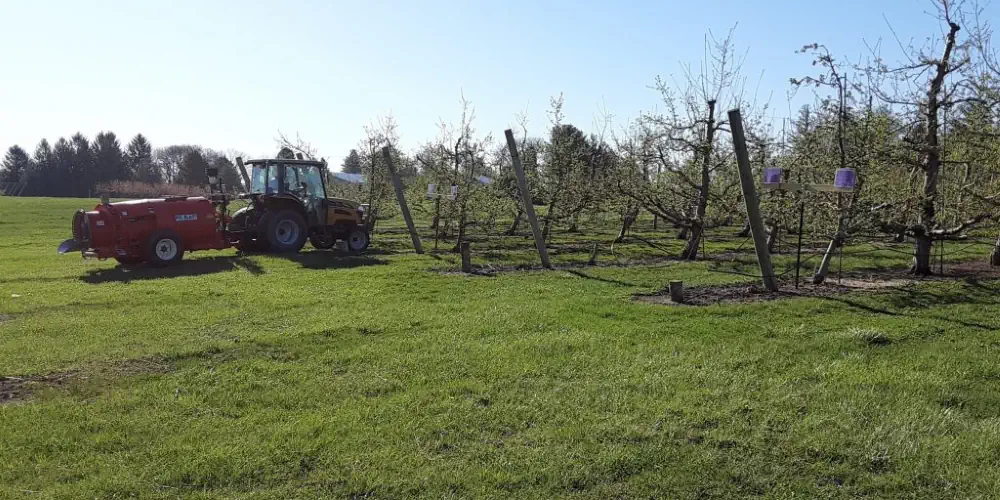
Pesticides may be essential in ensuring abundant and healthy yields of many crops, but so far, the techniques used to spray them have led to considerable environmental damage. In his research, Dr. Mark Gleason, a plant pathologist at Iowa State University, assesses the performance of new technologies that can deploy pesticides on apple trees in more efficient and less hazardous ways. These approaches enable farmers to minimize pesticide use without sacrificing crop yields. Through combining laser-based ‘LiDAR‘ (light detection and ranging) technology with disease-warning systems to time sprays efficiently, his project team hopes to offer more sustainable and environmentally friendly options for apple growers.
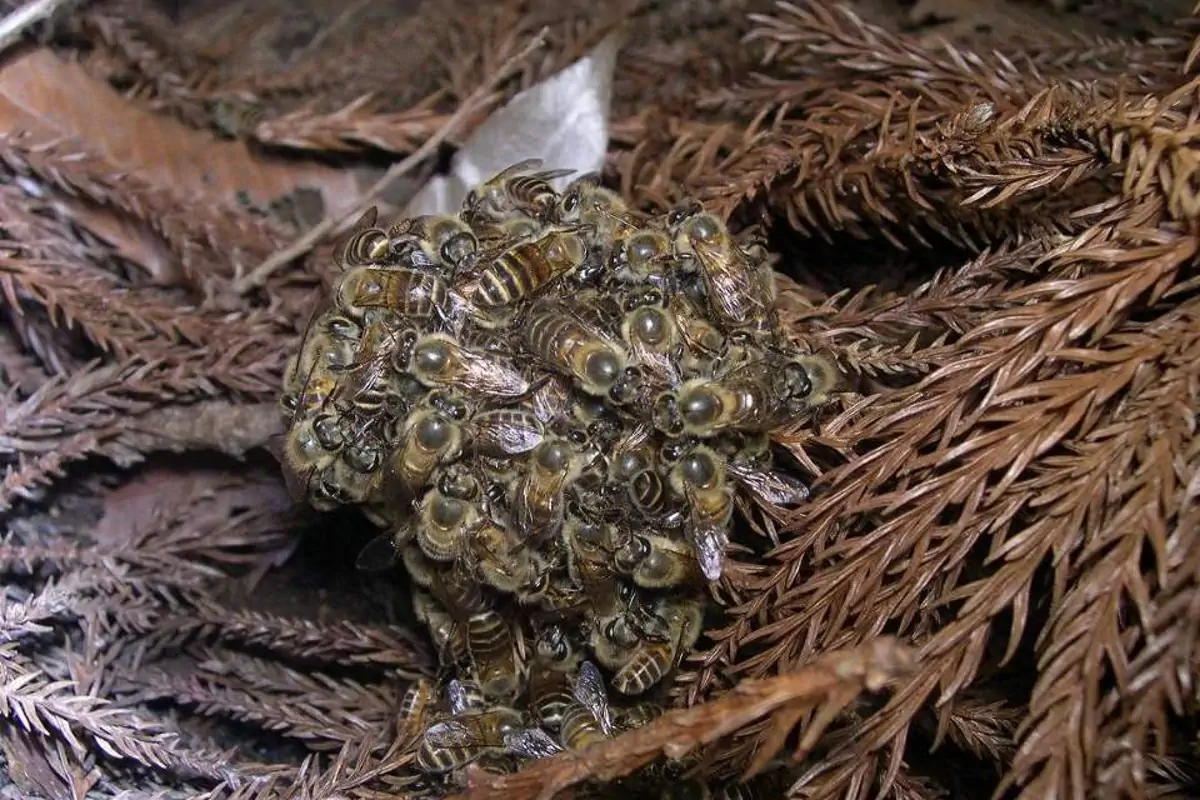
Despite the old adage “nice guys finish last”, cooperation is common in life – from the scale of genes or cells through to entire societies. Although these two ideas seem to contradict each other, Dr. Egbert Giles Leigh Jr. has demonstrated throughout his career at the Smithsonian Tropical Research Institute in Panama that working together has been the key to the success of multicellular life. Here, he explains his view of how competition and cooperation both played essential roles in bringing forth productive, diverse ecosystems.

In 2019, Burger King Sweden released a plant-based burger, the Rebel Whopper, and the reaction was underwhelming. So, the company challenged its customers to taste the difference.
Burger King Sweden created a menu item where customers would have a 50-50 chance of getting a meat burger or a plant-based one. To find out, they had to scan the burger box in Burger King’s app. The results: 44 percent guessed wrong – customers couldn’t tell the difference.

At least 820 million people suffer from hunger and malnutrition globally and human population growth is likely to exacerbate this problem in the future. It is becoming increasingly important to develop sustainable and efficient methods to meet food demands. To address this global issue, Dr. Sanju A. Sanjaya and Bagyalakshmi Muthan from West Virginia State University and their colleagues from Michigan State University have developed genetic technologies to improve the nutritional and energy content of crops. Their technology could increase production and improve profitability and sustainability across a range of important crop plants.